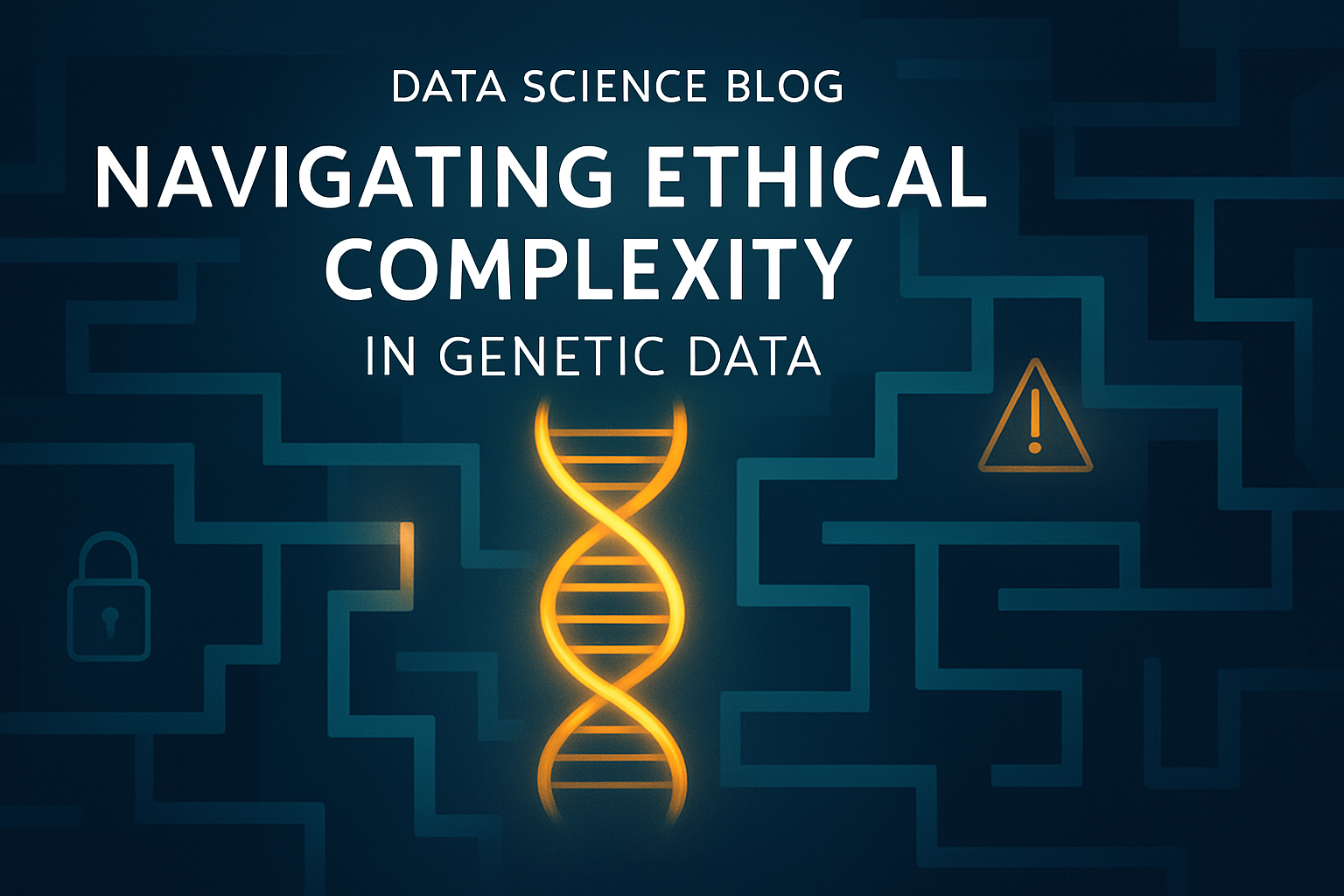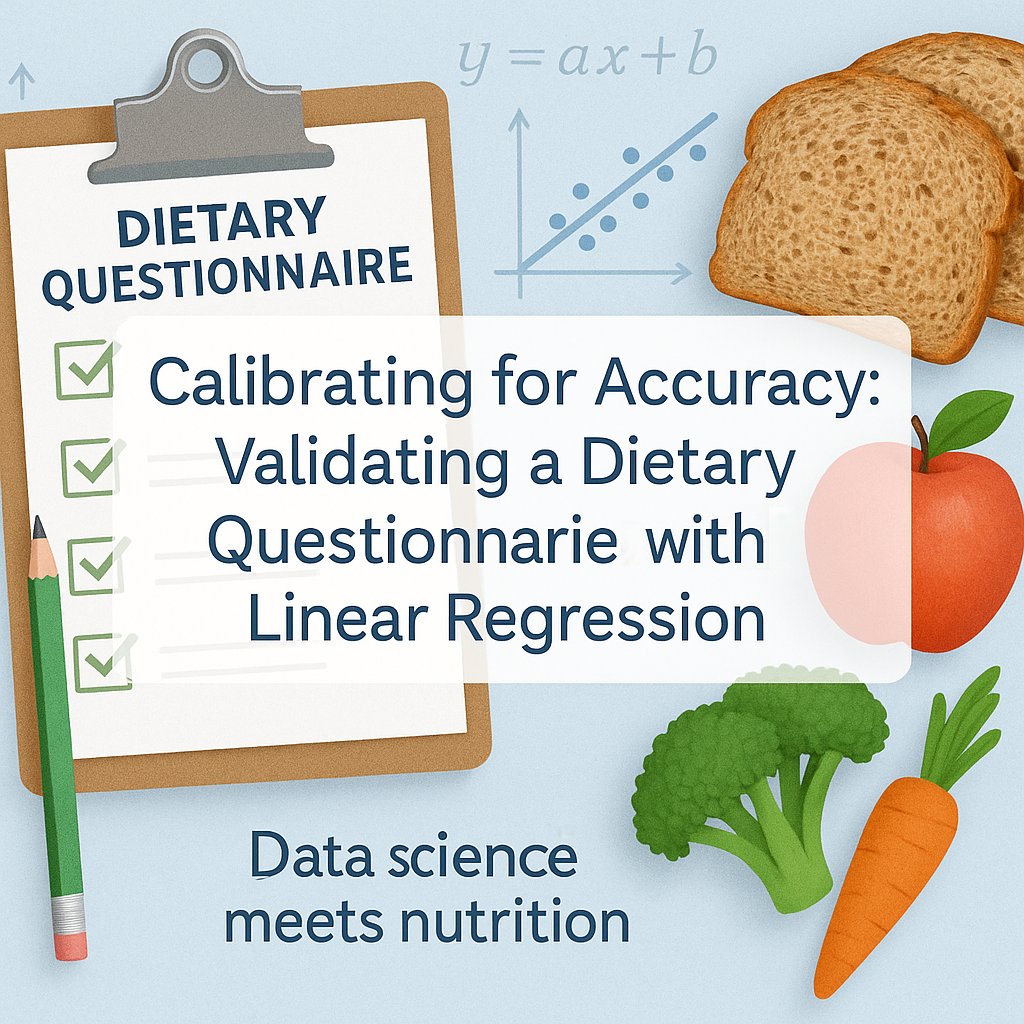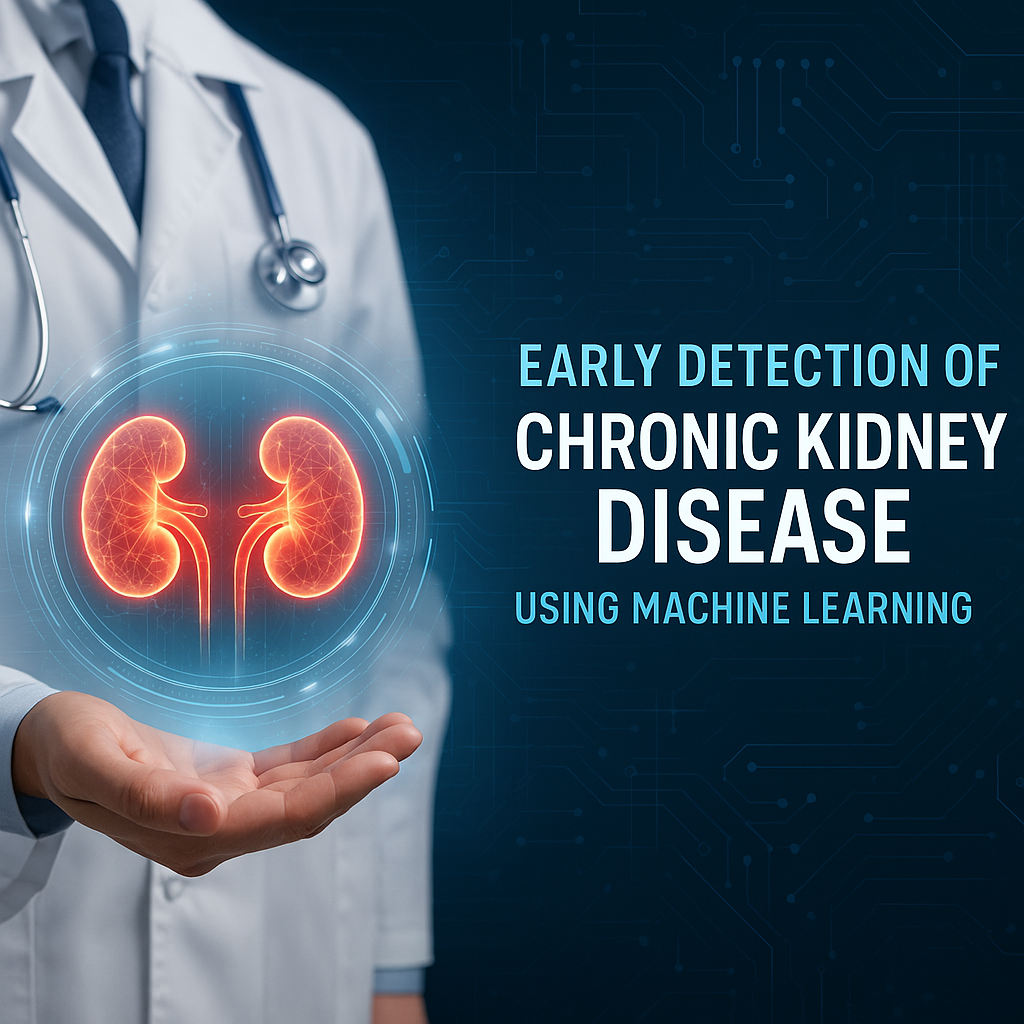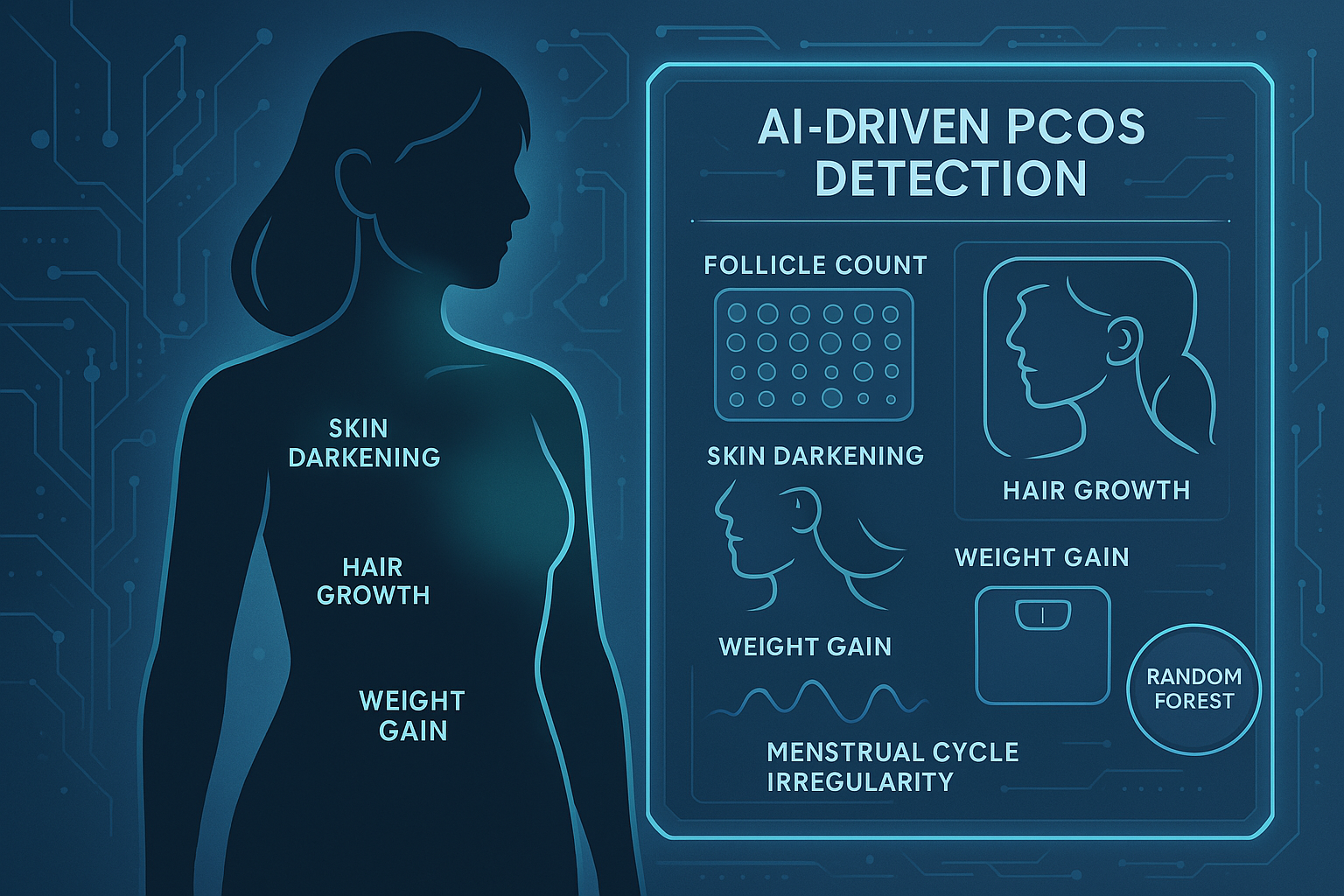· Fabian Schreuder · Data Science Projects · 4 min read
Navigating the Ethical Minefield of DTC Genetic Testing: A Framework for Responsible Innovation
The multi-billion dollar Direct-to-Consumer (DTC) genetic testing industry is an ethical minefield. This post breaks down the key risks—from data privacy to flawed health reports—and proposes a framework for responsible innovation using data justice and co-design principles.

The promise of Direct-to-Consumer Genetic Testing (DTC-GT) is captivating: “order, spit, and discover” your ancestry and health predispositions. It’s a compelling proposition that has fueled an industry expected to surpass $9 billion by 2034. But beneath this simple veneer lies a complex ethical minefield.
This project began as a straightforward academic inquiry into DTC-GT, but it quickly evolved into a real-world case study on the urgent need for ethical deliberation in data science. It became clear that the rapid innovation in this sector has outpaced the development of essential ethical and regulatory guardrails. This post moves beyond identifying problems to propose a concrete framework for building more responsible, sustainable, and trustworthy data products in this sensitive domain.
Identifying the Stakeholders and Harms
A crucial first step in any ethical analysis is to map the entire ecosystem. The stakeholders in DTC-GT extend far beyond the user and the company. They include:
- Close family members, who share significant portions of DNA and can be impacted by unexpected discoveries or data exposure without their consent.
- Healthcare professionals, who are often left to interpret and manage the fallout from incomplete or misleading results they did not order.
- Pharmaceutical and advertising companies, who partner with DTC-GT firms to leverage vast genetic datasets for drug discovery and targeted marketing.
The potential for harm is significant. Users face psychological distress from life-altering family discoveries (e.g., infidelity or unknown donor conception) and misinterpreting complex health risk reports, sometimes leading to unnecessary anxiety or even self-medication. For family members, the privacy violation is profound, as a relative’s decision to get tested implicitly places their shared genetic data into a corporate database.
A Deep Dive into Privacy Risks: The 4Rs
To understand the technical risks, we conducted a Privacy Impact Assessment (PIA). DTC-GT companies collect not just your genome—one of the most unique and sensitive identifiers—but also account details, survey responses, and web Browse behavior.
The core privacy risks can be summarized by the 4Rs:
- Re-use: Your data, collected for ancestry analysis, might be re-used for pharmaceutical research you never explicitly agreed to.
- Re-purposing: In the event of a merger or bankruptcy—a real concern with companies like 23andMe—your genetic data could be sold as a corporate asset and re-purposed by the new owner under potentially different privacy policies.
- Re-analysis: Third-party partners can re-analyze your data to derive new insights that primarily benefit their business objectives, not your well-being.
- Re-combination: Even “anonymized” data is vulnerable. The uniqueness of genetic data means it can often be re-combined with other datasets to re-identify individuals, their traits, and their relatives.
A Framework for Responsible Innovation: From AIRR to Data Justice
Identifying risks is only half the battle. To find solutions, we applied established ethical frameworks to move from analysis to action.
The AIRR (Anticipation, Inclusivity, Reflexivity, Responsiveness) framework highlights where DTC-GT companies have fallen short. They failed to anticipate the psychological distress caused by delivering devastating health news via an app, and they lacked inclusivity by not involving family members or healthcare providers in the design process.
To correct these shortcomings, we propose a proactive approach rooted in data justice, using two key methodologies:
- Co-design: Instead of a top-down approach, companies should collaborate directly with users, genetic counselors, and healthcare professionals to design the entire user experience. A co-designed process for returning sensitive health results would ensure information is delivered humanely and effectively, with proper support systems in place. This would mitigate user distress and reduce the burden on the public healthcare system.
- Speculative Design: This involves imagining “alternate futures” to stress-test policies. What happens to user data if the company goes bankrupt? What if a foreign entity acquires it? By using speculative design workshops with stakeholders, companies can create robust, transparent, and user-centric policies for data governance under all possible circumstances, protecting user rights from the outset.
The Business Case for Ethics
Integrating ethics into the core of a business model is not a barrier to growth; it’s a strategic advantage. Proactively addressing these issues builds invaluable user trust, which is the most critical asset for any company handling personal data.
By implementing frameworks like co-design and AIRR, companies can avoid costly regulatory fines, reputational damage from data breaches, and litigation. This approach fosters organic, sustainable growth built on a foundation of respect for users and their data, rather than a model that profits from informational asymmetry and opaque practices.
This project underscored for me that ethical deliberation cannot be an afterthought in data science. It is a core competency. As data scientists, we have a responsibility to not only build powerful technologies but also to ensure they are deployed in a way that is safe, fair, and equitable for everyone involved.



